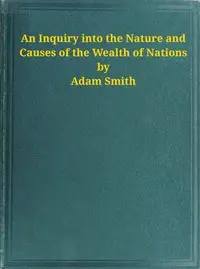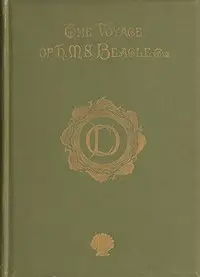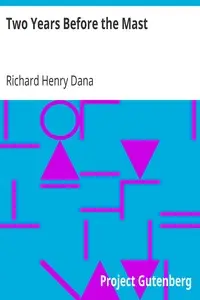"The Complete Poetical Works of Percy Bysshe Shelley — Volume 1" by Percy Bysshe Shelley is a gathering of the poet's complete poems that were carefully chosen and put together around the early 1900s. This big collection has all of the poetry that Shelley ever wrote, with extra writings that haven't been printed before. It also has notes to explain the text and keep the verses true to the originals. The start of the book tells how the poems were picked to be in the collection, noting that reading the first versions is important for comparing them to changed versions. The editor, Thomas Hutchinson, explains how hard it was to put together early copies and points out Shelley's special way of writing, like his odd punctuation and spelling. He also thanks the editors and experts who came before him for helping to save and show off Shelley's poetry, setting the scene for Shelley's creative and touchy poetry to come.
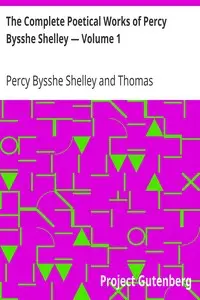
The Complete Poetical Works of Percy Bysshe Shelley — Volume 1
By Percy Bysshe Shelley
Dive into a world of powerful emotions and imaginative verses from a gifted poet whose unique style challenges traditional writing.
Summary
About the AuthorPercy Bysshe Shelley was an English writer who is considered one of the major English Romantic poets. A radical in his poetry as well as in his political and social views, Shelley did not achieve fame during his lifetime, but recognition of his achievements in poetry grew steadily following his death, and he became an important influence on subsequent generations of poets, including Robert Browning, Algernon Charles Swinburne, Thomas Hardy, and W. B. Yeats. American literary critic Harold Bloom describes him as "a superb craftsman, a lyric poet without rival, and surely one of the most advanced sceptical intellects ever to write a poem."
Percy Bysshe Shelley was an English writer who is considered one of the major English Romantic poets. A radical in his poetry as well as in his political and social views, Shelley did not achieve fame during his lifetime, but recognition of his achievements in poetry grew steadily following his death, and he became an important influence on subsequent generations of poets, including Robert Browning, Algernon Charles Swinburne, Thomas Hardy, and W. B. Yeats. American literary critic Harold Bloom describes him as "a superb craftsman, a lyric poet without rival, and surely one of the most advanced sceptical intellects ever to write a poem."

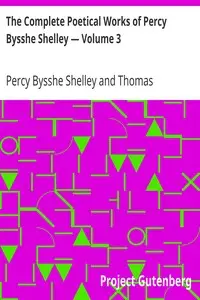
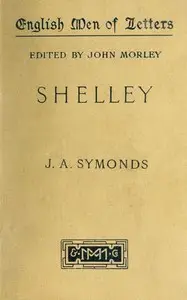
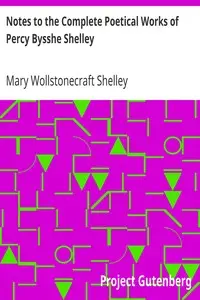

![The Prose Works of Percy Bysshe Shelley, Vol. 2 [of 2] by Percy Bysshe Shelley](https://cdn.a2-host.cloud/N5mkWLLMME8fsj53C1cwpEjUdDWU-6Y0rYa0VHN1zFM/rs:fill:215:325:0/g:ce/aHR0cHM6Ly9zcC1hc3NldHMuczMudXMtd2VzdC0wMDQuYmFja2JsYXplYjIuY29tL2Jvb2svNjc5MjYvVGhlX1Byb3NlX1dvcmtzX29mX1BlcmN5X0J5c3NoZV9TaGVsbGV5X1ZvbF8yX29mXzJfY292ZXIuanBn.webp)

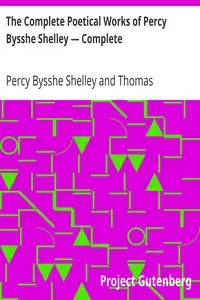
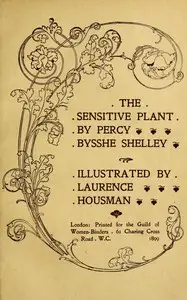
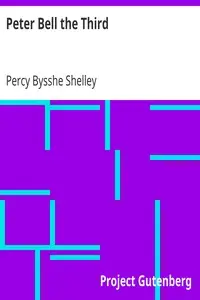
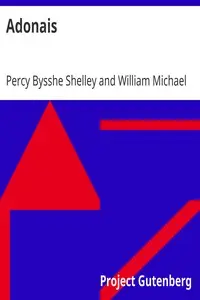
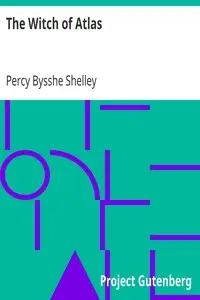
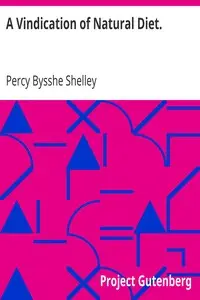
![The Prose Works of Percy Bysshe Shelley, Vol. 1 [of 2] by Percy Bysshe Shelley](https://cdn.a2-host.cloud/Mj1FeLags-X4KjNGmLV22-gllqKOcsvwDOz1w2-8-q0/rs:fill:215:325:0/g:ce/aHR0cHM6Ly9zcC1hc3NldHMuczMudXMtd2VzdC0wMDQuYmFja2JsYXplYjIuY29tL2Jvb2svNjc5MjUvVGhlX1Byb3NlX1dvcmtzX29mX1BlcmN5X0J5c3NoZV9TaGVsbGV5X1ZvbF8xX29mXzJfY292ZXIuanBn.webp)
